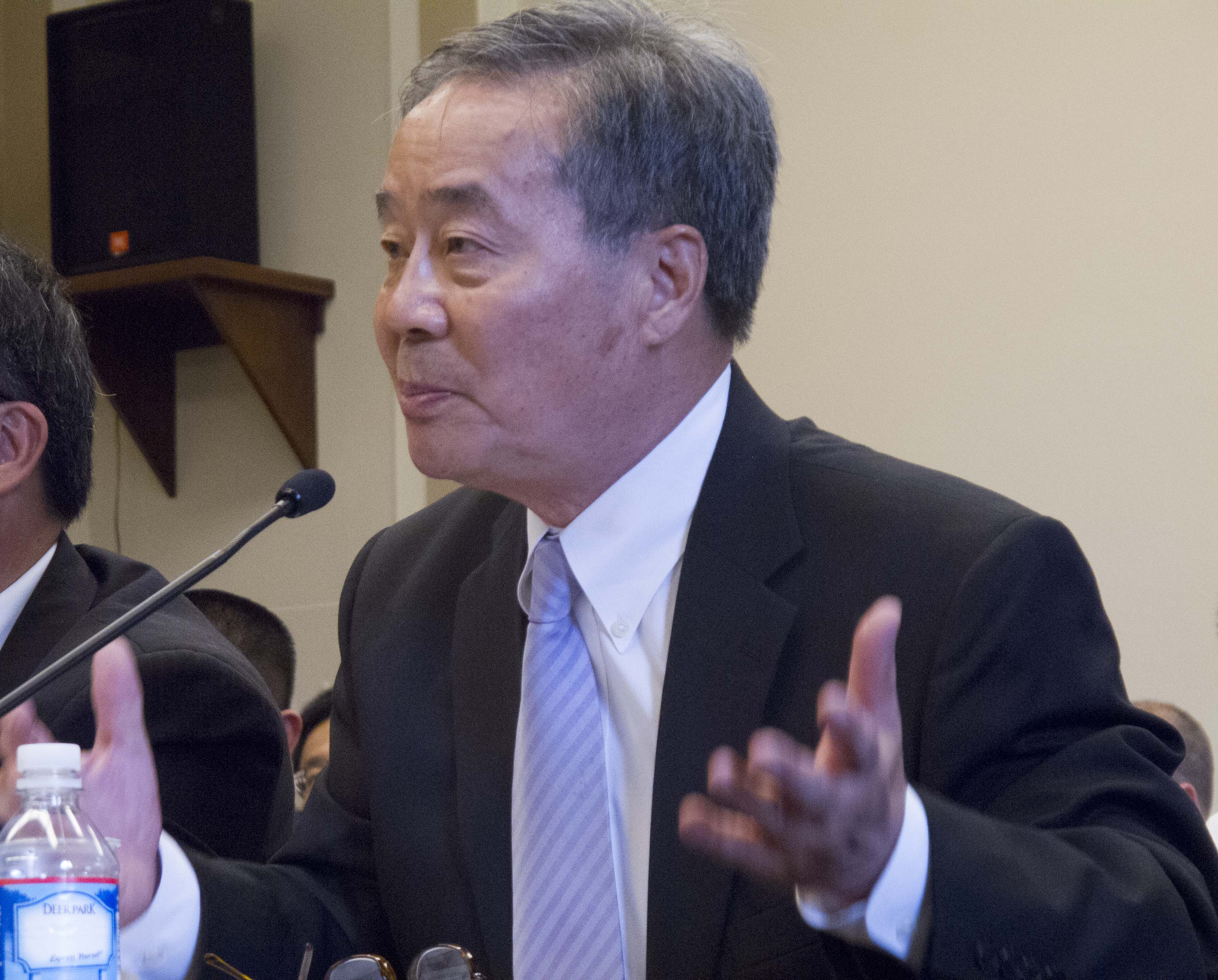WASHINGTON, DC—Working conditions and worker rights in China are unchanged.


The Congressional-Executive Commission on China held a hearing entitled “Working Conditions and Worker Rights in China: Recent Developments.”
The hearing's witnesses will discuss the prevalence of harsh working conditions in Chinese factories in places like Shenzhen and Shanghai, assess implementation of China's labor laws, and examine the roles the Chinese government, China's state-controlled union, Chinese NGOs, and private companies, including multinationals, play in addressing worker rights and labor reforms. Witnesses will also provide recommendations for U.S. policy on worker rights in China.
The hearing was split into two panels.
The first panel featured:
1. Harry Wu, founder and executive director of the Laogai Research Foundation and Laogai Museum;
2. Li Qiang, executive director and founder of China Labor Watch;
3. Charles Kernaghan, executive director of Institute for Global Labour and Human Rights.
The second featured:
1. Thea Lee, deputy chief of staff of AFL-CIO;
2. Mary Gallagher, Associate Professor of Political Science and Director of the Center for Chinese Studies at Michigan University;
3. Earl Brown, Labor and Employment Law Counsel and Chinese Program Director of Solidarity Center at AFL-CIO.
The conclusion from the first half of the hearing is that working conditions and worker rights in China remain the same. Mr Wu says that millions not only continue to suffer in the Laogai system but also that the goods these millions produce still find their way onto American store shelves. Messrs Li and Kernaghan found an endemic lack of transparency on the part of companies that do business with Chinese manufacturing plants, as well as want for a stronger stance on importing such goods by the American government and lawmakers. Congressman Christopher Smith (R-NJ) found that the US has relegated the topic of workers rights to a "non-priority." However, despite the government's stance, the panelists ultimately agreed that much of the power to better the working environment for millions in China lay in the hands of the consumer, who not only can demand their representatives take a firmer stance but can also stop buying such goods.
PANEL ONE
PANEL TWO